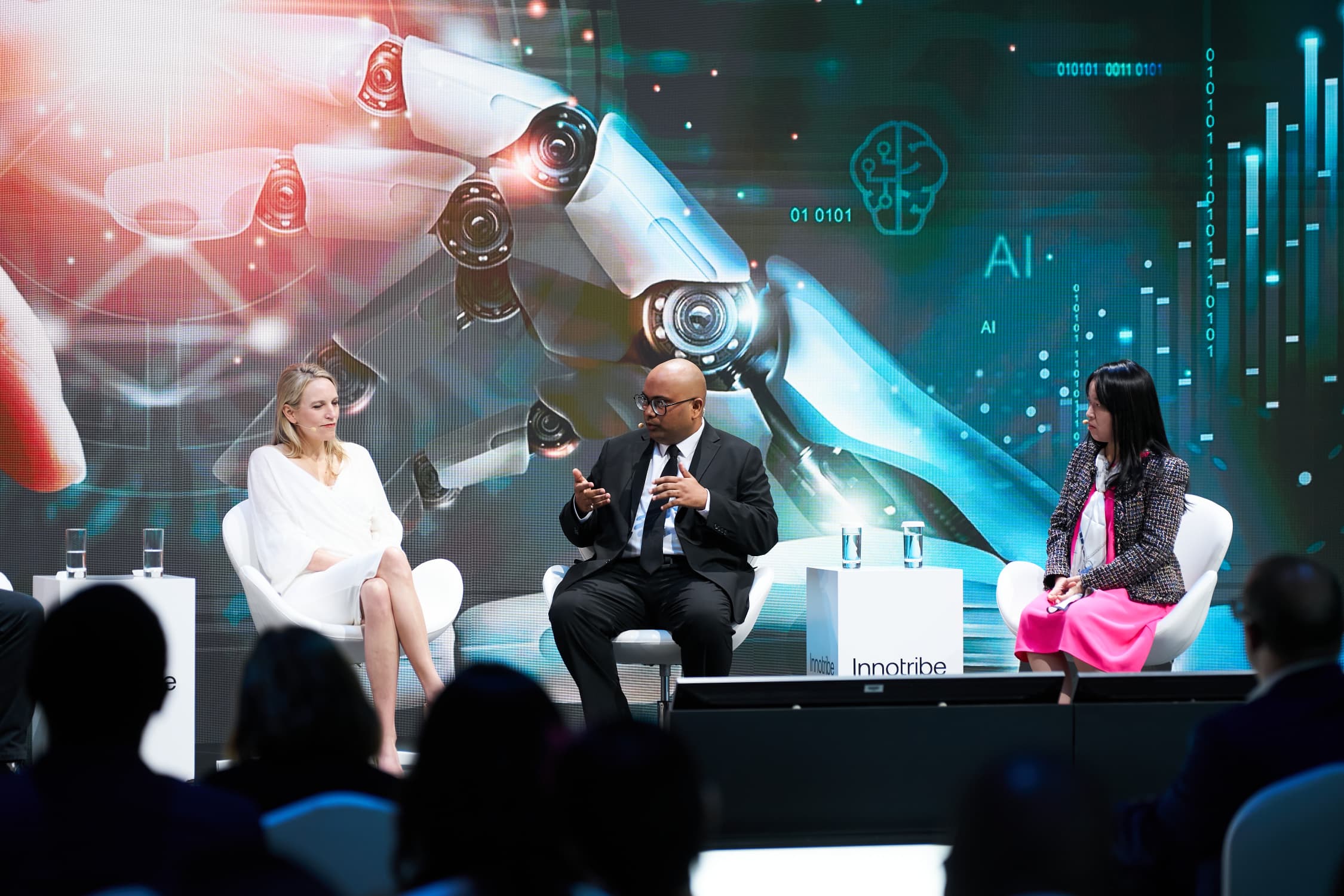Central Asia Tech Law
Pioneering the Intersection of Law, Technology, and Governance in Central Asia
About Us
Central Asia Tech Law (CAT Law) is a pioneering field of jurisprudence that examines the dynamic intersection of law, technology, and governance in the Central Asian region. Founded in 2019 by Dr. Ammar Younas, a visionary legal futurist and scholar, CAT Law delves into the legal implications of emerging technologies, including Artificial Intelligence (AI), 5G, Cloud Computing, Big Data, Medical Technologies, Privacy, and Digitization.
As a consulting and research initiative under Ai Mo Innovation Consultants (SMC-Private) Limited, CAT Law bridges the gap between regional legal systems and international technology regulations, fostering a “glocalized” approach to legal frameworks. It is dedicated to reinforcing the rule of law while safeguarding the legal sovereignty of Kazakhstan, Kyrgyzstan, Tajikistan, Turkmenistan, and Uzbekistan. Through research, policy development, and capacity-building initiatives, CAT Law shapes the future of digital governance in the region, ensuring that legal frameworks evolve in response to technological advancements while maintaining cultural and ethical integrity.

Our Vision
We strive to develop legal frameworks that foster innovation, protect digital rights, and uphold ethical and cultural values in a rapidly evolving tech-driven world.
Our work bridges the gap between policy, academia, and industry, ensuring that technology serves society responsibly.
Through research, education, and consultancy, we empower lawmakers, businesses, and communities to navigate the legal complexities of emerging technologies.
Our Mission
We envision a digitally advanced and legally resilient Central Asia where technology-driven growth is guided by strong governance, ethical principles, and regional collaboration.
By fostering thought leadership, strategic policymaking, and cross-sector partnerships, CAT Law seeks to position Central Asia as a global leader in responsible technological governance.
Our commitment to continuous research, innovation, and legal adaptability ensures that the region remains at the forefront of digital transformation while safeguarding human rights, security, and sustainable development.
Core Values
We believe in fostering innovation and adaptability, ensuring that legal frameworks evolve alongside technological advancements to create a sustainable digital ecosystem. Ethical governance is at the heart of our mission, promoting transparency, accountability, and fairness in the regulation of emerging technologies. Collaboration and partnership drive our work, as we engage with governments, businesses, academia, and civil society to craft forward-thinking policies. Our commitment to cultural and legal integrity ensures that technological progress aligns with regional traditions, legal structures, and ethical norms, preserving societal values while embracing global best practices.
Our Goal
- Facilitating the creation of a common techno-legal space between Central Asian states and increasing the understanding of technology regulations and ethics.
- Promoting Tech Law as a reputable field of Legal Sciences in Central Asia, establishing it as a recognized academic and professional discipline.
- Advancing the efficient digitization of state institutions and public administration services, ensuring streamlined, technology-driven governance.
- Enhancing techno-legal capacity building for all stakeholders, including policymakers, legal professionals, businesses, and researchers, to equip them with the knowledge needed to regulate emerging technologies effectively.
AI & Society: Our Focus Areas
Artificial intelligence is transforming societies, but its impact must be guided by ethical principles, governance structures, and cultural awareness. At CAT Law, we focus on AI Ethics, AI Governance, and Cross-Cultural AI, ensuring that technological advancements align with human rights, accountability, and regional values. By addressing these key areas, we help shape responsible, inclusive, and legally sound AI ecosystems in Central Asia.

AI Ethics
We explore the ethical dimensions of artificial intelligence, ensuring that AI systems align with human rights, fairness, and transparency.
Our work focuses on developing ethical AI guidelines, mitigating algorithmic bias, and promoting responsible AI deployment in Central Asia.

AI Governance
We contribute to the legal and regulatory frameworks that govern AI technologies, helping policymakers establish trustworthy AI systems.
Our research supports the development of accountability mechanisms, risk assessments, and compliance strategies for AI-driven solutions.

Cross-Cultural AI
Recognizing the diverse socio-cultural landscape of Central Asia, we advocate for inclusive and culturally aware AI policies. Our work examines how AI impacts different societies, ethical norms, and regional governance models, ensuring that AI technologies are adapted to local legal and cultural contexts.
